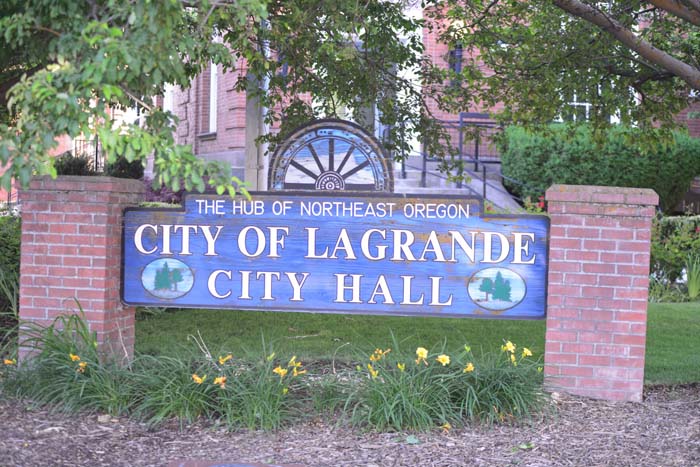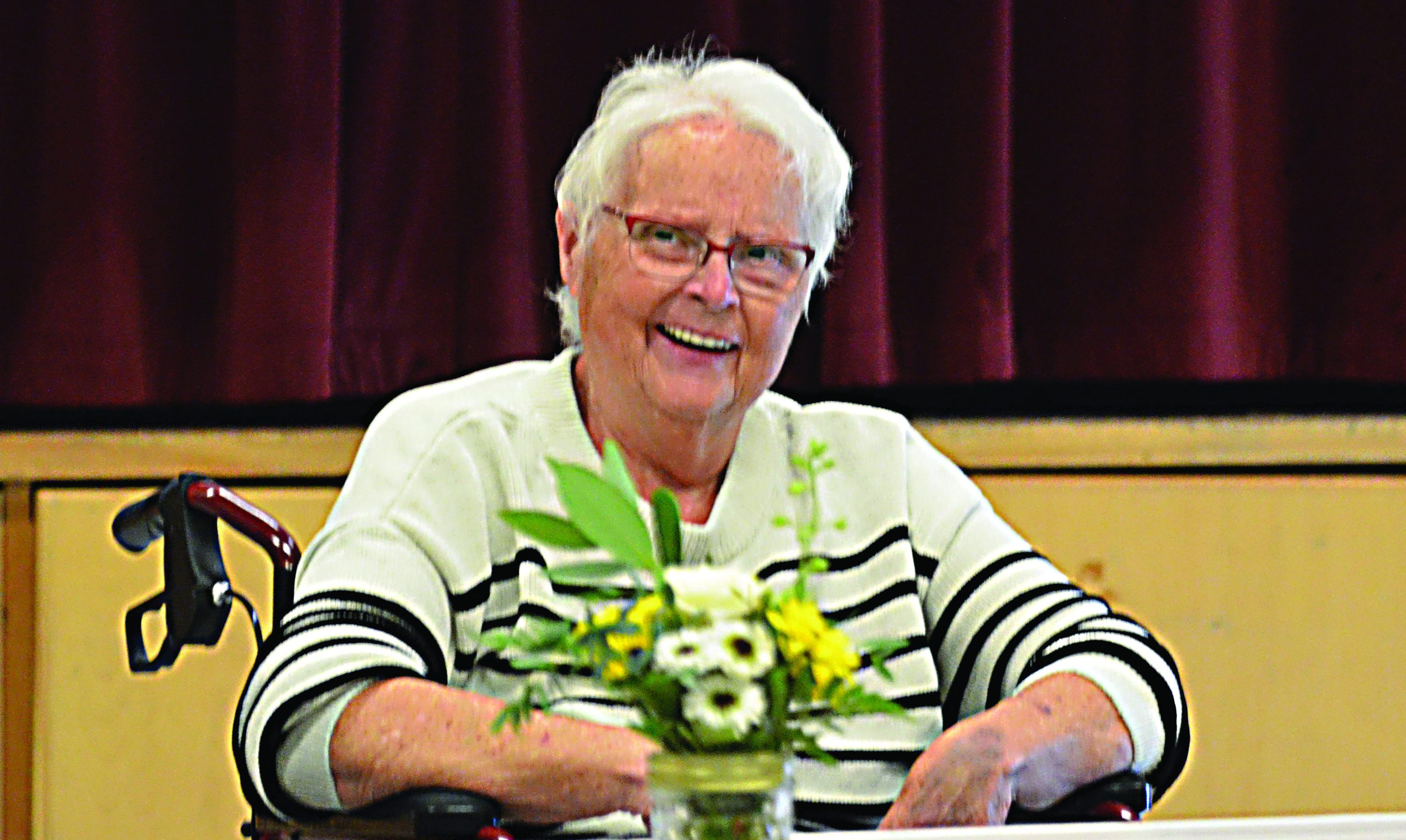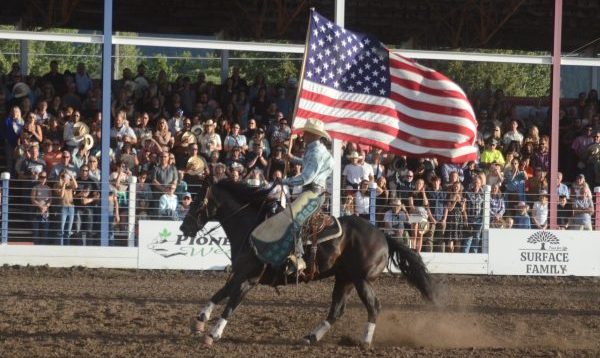Main Street: A privileged time in a privileged place
Published 5:00 pm Wednesday, April 22, 2009
In June of 1965, I left on my big adventure to a foreign country-it was the Peace Corps; it was Turkey; and it was by my choice. In June of 1944, 21 years and a lifetime earlier, Jack McClaran left on his young foreign adventure. It was Germany; it was war; and there was no choice.
Last Tuesday night more than 150 of us crammed into the Oddfellows Hall in Enterprise to hear Jack talk about this turning point in his life. He was a sheep ranching kid from the Snake River Country when he was drafted on graduation from Lewiston High School. By fall-winter of 1944 he was in a tank driving the Germans east, across the Rhine River.
Trending
Tanks, he said at the beginning of his talk, are designed for one thing, to kill people. And, he explained, tanks are “killing machines” not only for enemy combatants, but for the soldiers inside them. After chasing the Germans to the Rhine, they retreated into Holland, having lost half their men to horrible deaths. A tankers’ greatest fear, Jack said, was not being killed, but being trapped inside and burned alive. They went forward again, back into Germany; getting back into that tank, he said, was maybe the hardest thing he’d ever done.
He did, they crossed the Rhine, and then went into Buchenwald and helped pull the remnants of a sick and dying population of Jewish, RAF, and other Nazi dissident survivors back to life. He told us that the stench of that camp was different than and worse than any smell we’d ever smelled, and described the deep hand-scratched grooves on the wall along a conveyer where humans were hung by their collarbones like animal carcasses in a slaughterhouse and pulled into crematoriums. As Jack, now in his 80s, described that scene, he turned to the back wall and asked us to see it with him-and we knew that it was vivid in his eyes.
“How,” Jack stopped to ask, “can we humans do this to each other?” He suggested that historical treatment of American Indians showed signs of this utter contempt for other human lives, and mentioned the Japanese internments of WW II as an example of our own disregard for the dignity and humanity of others.
But in Germany a huge machine, he noted, built in part on decades of anti-Semitism and to a high degree on the extraordinary vision and speaking eloquence of Adolph Hitler, conspired to rid the world-or at least Europe-of a race of people.
I have known and admired Jack for almost 40 years, and over the years we have talked about basketball and politics, baseball and the meaning of life. I knew bits of his World War II story, but there it was in public and in detail, with a sprinkling of other vets, wives and children of vets, and young students in attendance. Jack is an elder, and his stories I’m sure carry more weight than high school textbooks with students. For the rest of us, they opened subjects that we have never considered or put behind us.
It drove me to my bookshelf and a classic story of Survival in Auschwitz by Primo Levi, an Italian Jewish survivor. His account of cold-hearted and calculated meanness-wooden-soled shoes that caused sores and lameness that made running away one step harder-and capricious beatings and forced starvation reinforced Jack’s stories. And Jack’s big question: how can we do this to one another?
Trending
For a week now I have been thinking about this. About the power of Hitler’s words and the complicity of a nation (Jack said, and historians have made it clear that the German burghers, though they often claimed ignorance of it, knew what was going on in the camps). I have thought about the ease with which we slide into prejudice and lies, about our fears-of aloneness, abandonment, our own deaths, and about separation by power. I’m reminded that the experts say that rape is not about sex, but about fears and power.
It strikes me that more than a few of our friends and neighbors confront private evils-meanness, beatings, emotional chaos, alcoholic rages, and other forms of degradation. But few of us stare at evil writ large; few of us see hell on earth. I remember Jack telling me once that “no nineteen year old should see what I saw.”
In 1965 President Kennedy had been assassinated, but Robert Kennedy and Martin Luther King were still alive. Vietnam was a distant place on a map and I was full of hope.
And luck. Had I been a few years older, I might have seen hell in Korea, a few years younger, in Vietnam. I did see hope dribble away and a strange kind of emotional distancing enter our culture. I’ve seen drugs and poverty, racism, sexism, fraud, abuses of power and failures of will.
But Jack McClaran saw hell, and last week, with candor and courage, bore witness to it. He said that the stories of the Warsaw Ghetto uprising had alerted the world to Nazi aims, and then told his own. I can only say “thank you” for them, for reminding us of the evils men are capable of, and of the privileged time in a privileged place I live.
Rich Wandschneider, Josephy Library
and Fishtrap Endowment
Fishtrap, Inc.









